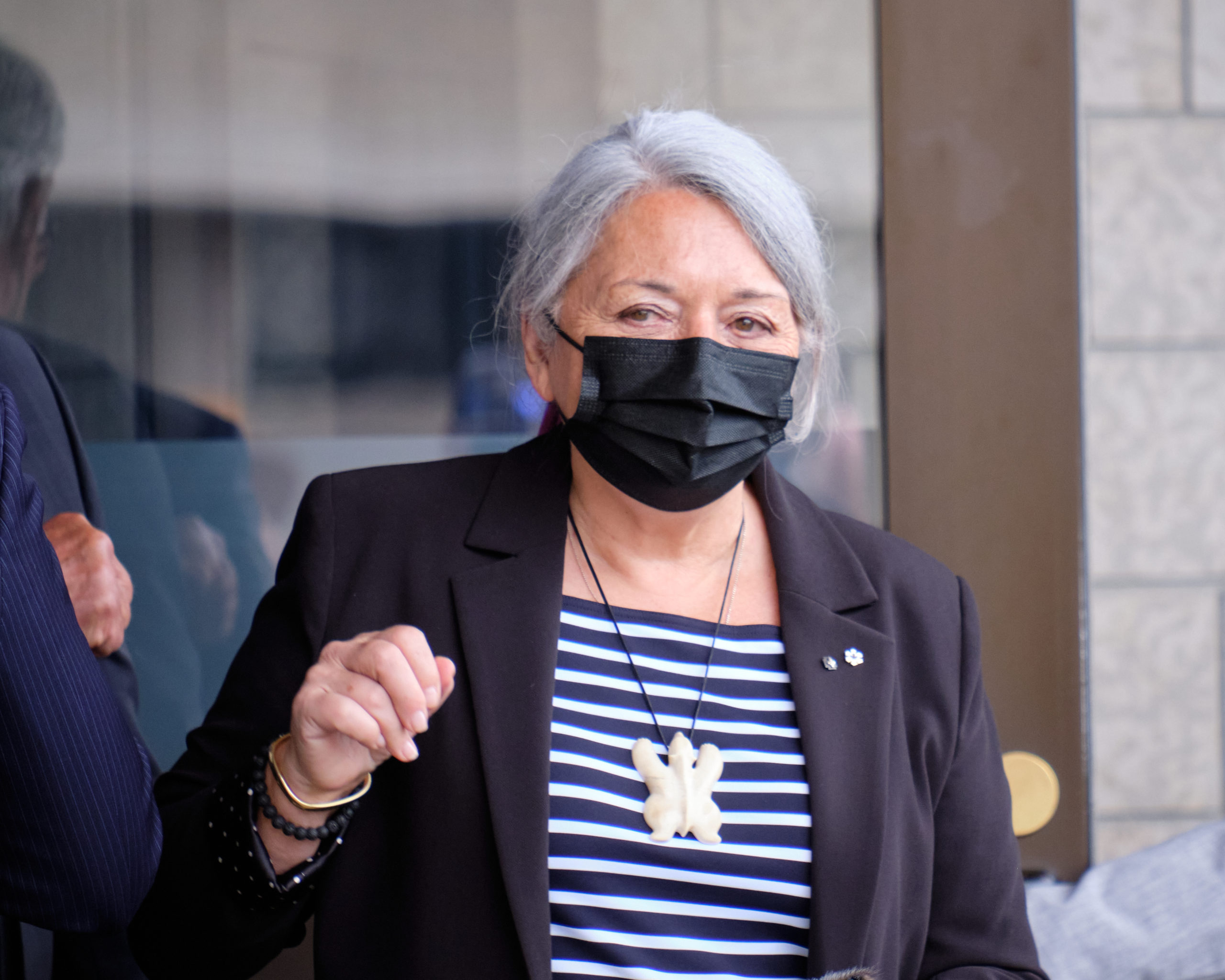
Veaceslav Balan, L’Université d’Ottawa/University of Ottawa
March 9, 2022
The time has come for Canada to revisit its approach to languages. With recent calls from top Inuit figures to make Inuktitut an official language of Canada alongside English and French, and an earlier lawsuit over the right for students to be educated in Inuktitut in Nunavut, there is no better time for this conversation.
This year is a good time to starting a nationwide discussion because it’s the inaugural year of the International Decade of Indigenous Languages, the 30th anniversary year of the UN Declaration on Minorities and the 40th anniversary year of the Canadian Charter of Rights and Freedoms
These anniversaries are of special relevance because languages are a matter of fundamental human rights.
How multicultural are we?
Canada is renowned for its multiculturalism. Yet a still unsettled issue in Canadian multiculturalism pertains to languages. As a human rights researcher, I believe multiculturalism isn’t truly possible without multilingualism.
Language is the foundational dimension of most cultures, and therefore the maintenance, development and use of a culture’s language is indispensable for its preservation and practice.
Canada’s historical oppression of Indigenous Peoples directly concerns languages. The residential schools system specifically targeted Indigenous cultures and languages to such an extent that many argue it constituted genocide, especially after the mass graves of Indigenous children were discovered.
The Truth and Reconciliation Commission, as well as Indigenous leaders and activists, explicitly state that reconciliation and rebuilding in Canada cannot happen without the revival and reaffirmation of Indigenous languages.
Historically, the issue of languages was a matter of colonialism and dominance in Canada. Making English and French the country’s official languages was an administrative decision by the ruling colonial powers of the time.
This decision was taken without due consideration to Canada’s Indigenous Peoples or other settler minority groups — speakers of German, Ukrainian, Italian, Punjabi and many other languages.
Canadian bilingualism was formalized first in 1969, and later in the 1982 Charter of Rights and Freedom, and accommodated the English-speaking majority and French-speaking minority. But it left aside speakers of multiple Indigenous and other languages.
In a human rights-based country, linguistic issues cannot be resolved simply because majority groups out-vote minority groups. Linguistic rights are human rights and apply to majorities and minorities alike, and not at the discretion of those who hold the power.
Minority rights to language
The 1966 International Covenant on Civil and Political Rights, a foundational human rights document of modern times, states that people who belong to linguistic minorities are guaranteed the right to enjoy their own culture and use their own language.
This is a binding legal provision for every country that’s ratified the treaty, including Canada.
Furthermore, the 1992 United Nations Declaration on Minorities states that countries must protect the existence and the linguistic identity of minorities within their respective territories and encourage the promotion of that identity by adopting laws and other measures.
Nations are supposed to ensure that minority populations have adequate opportunities to learn their native languages, or to receive instruction in their native languages.
The UN Declaration on the Rights of Indigenous Peoples passed into law in Canada through Bill C-15 also states that Indigenous Peoples are guaranteed the right to revitalize, use, develop and transmit their languages to future generations.
It states that countries should provide Indigenous Peoples, particularly children and including those living outside their communities, with education in their own language.
Other applicable international standards come from the Organisation for Security and Co-operation in Europe (OSCE). These standards direct institutionalized use of minority languages in justice, education, elections, policing, mass media and other areas of public life.
A matter of human rights
It’s clear that international standards explicitly demand that minority languages be used and institutionalized in virtually all spheres of life. These standards clearly indicate that the institutionalized use of minority and Indigenous languages is not a matter of politics or choice, but a matter of imperative human rights.
Promotion of linguistic diversity isn’t just an international obligation. It’s key to many vital Canadian challenges, including reconciliation with Indigenous Peoples, overcoming systemic racism and colonialism, ongoing health-care crises and the accommodation and inclusion of migrants and refugees.
Canadian institutionalized multilingualism will advance the national economy, will make Canada more competitive on international markets and will bolster its reputation as a global human rights champion and a progressive immigration model.
In addition, it will transform Canada into a truly multiculturalist state.
Sign Up for Our Newsletter.
This year is a perfect time for a broad public discussion about the use and status of languages in Canada. Human rights should inform and guide this discussion. The demand for revitalizing Indigenous languages, the compelling calls from Inuktitut champions and the appointment of our Inuktitut-speaking governor general create an excellent starting point for this nationwide endeavour.
Veaceslav Balan, PhD Candidate, Faculty of Law, L’Université d’Ottawa/University of Ottawa
This article is republished from The Conversation under a Creative Commons license. Read the original article.



